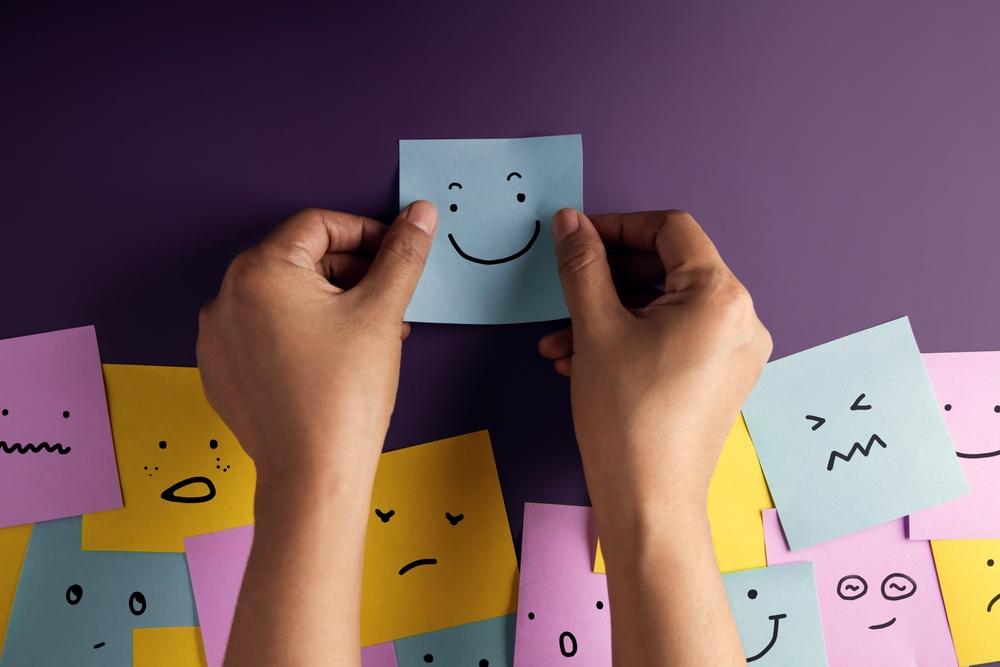In today’s fast-paced world, taking care of our mental health and overall wellness is more crucial than ever. Whether you’re balancing work, relationships, or personal goals, prioritizing self-care can significantly enhance your quality of life. This post explores effective strategies and practices to help you cultivate a healthier mind and body.
Nurturing Your Mental Health
Mental health encompasses our emotional, psychological, and social well-being. It affects how we think, feel, and act, influencing every aspect of our lives. According to the World Health Organization (WHO), mental health is a state of well-being in which individuals realize their own potential, cope with the everyday stresses of life, work productively, and contribute to their community.
The Importance of Self-Care
Self-care involves activities and practices that promote overall health and well-being, especially in stressful situations. It’s not selfish; in fact, taking care of yourself allows you to be more effective in caring for others. Research from the American Psychological Association (APA) emphasizes the importance of self-care in reducing stress, improving physical health, and enhancing resilience. Below are five self-care strategies for you to consider:
1. Physical Health: Regular exercise, balanced nutrition, and sufficient sleep are fundamental to both physical and mental well-being. According to the CDC, adults should aim for at least 150 minutes of moderate-intensity aerobic activity or 75 minutes of vigorous-intensity aerobic activity per week, along with muscle-strengthening activities on two or more days a week that work all major muscle groups (legs, hips, back, abdomen, chest, shoulders, and arms). Pairing exercise with nutritious meals rich in vitamins and minerals can significantly impact your physical health.
2. Mindfulness and Meditation: Mindfulness is a mental state characterized by awareness and non-judgmental acceptance of one’s thoughts, emotions, and sensations in the present moment. It involves intentionally paying attention to the present experience with openness and curiosity without getting caught up in or reacting to the thoughts or feelings that arise.
Overall, mindfulness is both a practice and a way of being that promotes mental clarity, emotional balance, and overall well-being. It has roots in ancient contemplative traditions but has gained significant attention in modern psychology and healthcare for its therapeutic benefits. These practices help cultivate awareness of the present moment, reduce stress, and improve concentration. Research published in Harvard Health suggests that mindfulness-based interventions can alleviate symptoms of anxiety and depression.
3. Social Connections: Maintaining positive relationships and socializing regularly are essential for emotional health. Strong social ties have been linked to lower rates of depression and increased longevity.
4. Hobbies and Recreation: Engaging in activities you enjoy boosts mood and reduces stress. Whether it’s reading, gardening, or playing a musical instrument, carving out time for hobbies is vital.
5. Professional Support: Don’t hesitate to seek help from mental health professionals if needed. Therapy and counseling provide a safe space to explore emotions, develop coping strategies, and work through challenges.
Creating a Wellness Routine
Developing a personalized wellness routine involves consistently integrating these practices into your daily life. Start small and gradually build habits that support your mental and physical health. Use a planner or journal to track your progress, identify barriers, and reflect on how these activities make you feel. Practice self-compassion and remind yourself that self-care is a necessity, not a luxury. Prioritizing mental health and self-care is a journey that requires patience and commitment. Although it may feel difficult at first, you can cultivate resilience, enhance well-being, and navigate life’s challenges with greater ease.
Employee assistance programs (EAPs) such as CMG Associates are designed to provide support in various ways. These programs offer a wide range of services that aim to promote a healthier, more productive, and supportive work environment for employees. Reach out to us for help connecting with professional services or to create a wellness routine.




